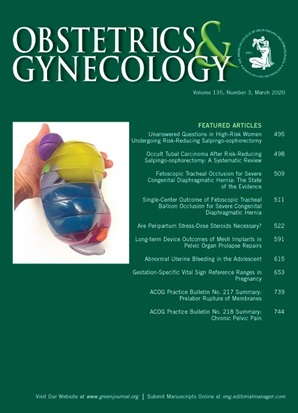
Before we present this week’s Weekend Reads, a question: Do you enjoy our weekly roundup? If so, we could really use your help. Would you consider a tax-deductible donation to support Weekend Reads, and our daily work? Thanks in advance.
Sending thoughts to our readers and wishing them the best in this uncertain time.
The week at Retraction Watch featured:
- JAMA sounding the alarm about coronavirus data;
- the retraction of a paper claiming a link between statins and lowered glaucoma risk;
- a journal frustrated by a university’s inaction.
Here’s what was happening elsewhere:
Continue reading Weekend reads: Coronavirus meets scientific publishing; publish or perish loses in court; retractions in cancer research






